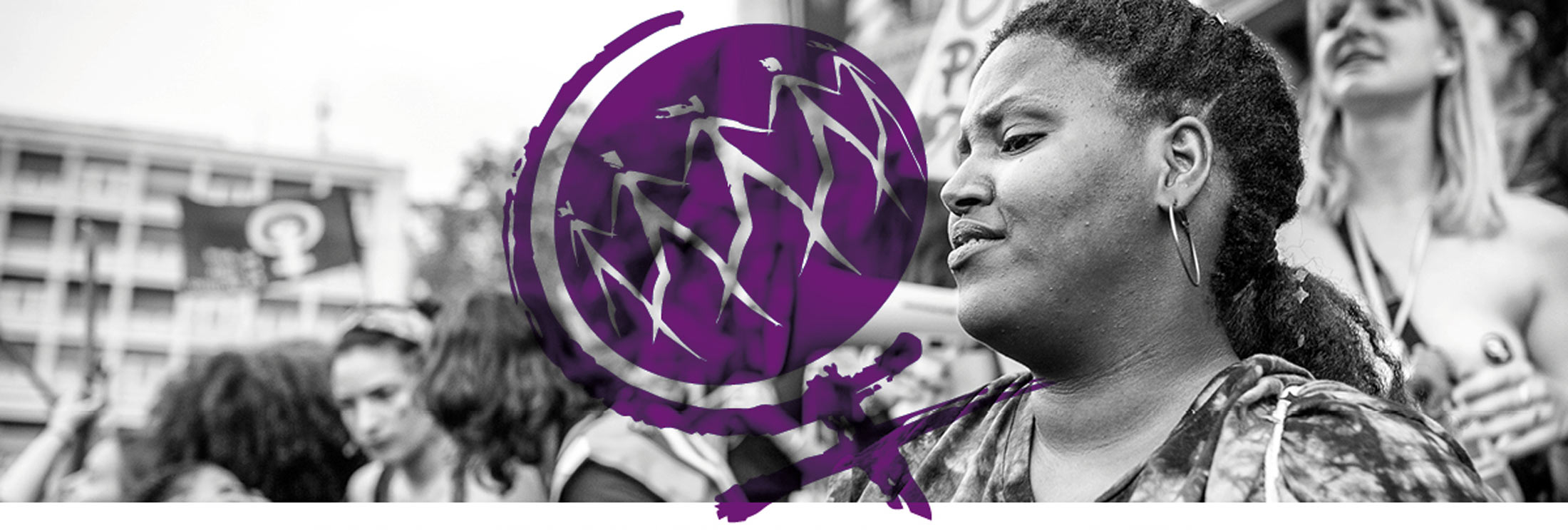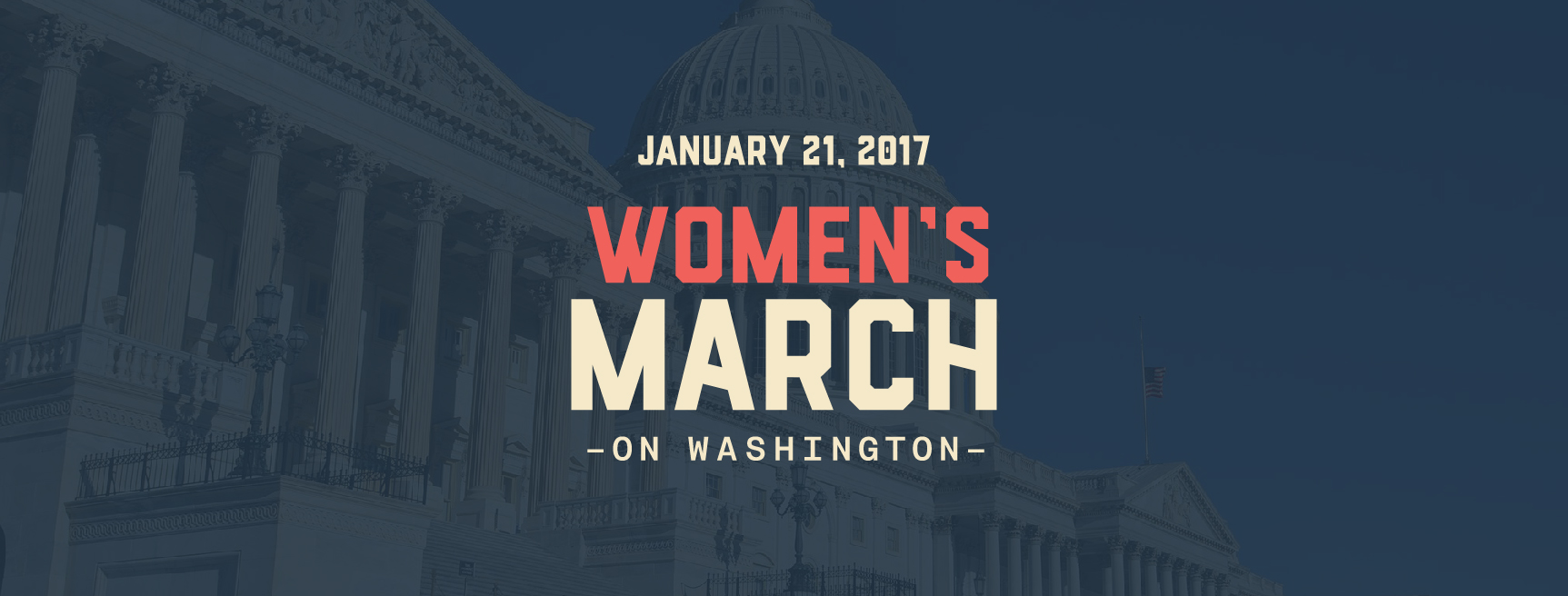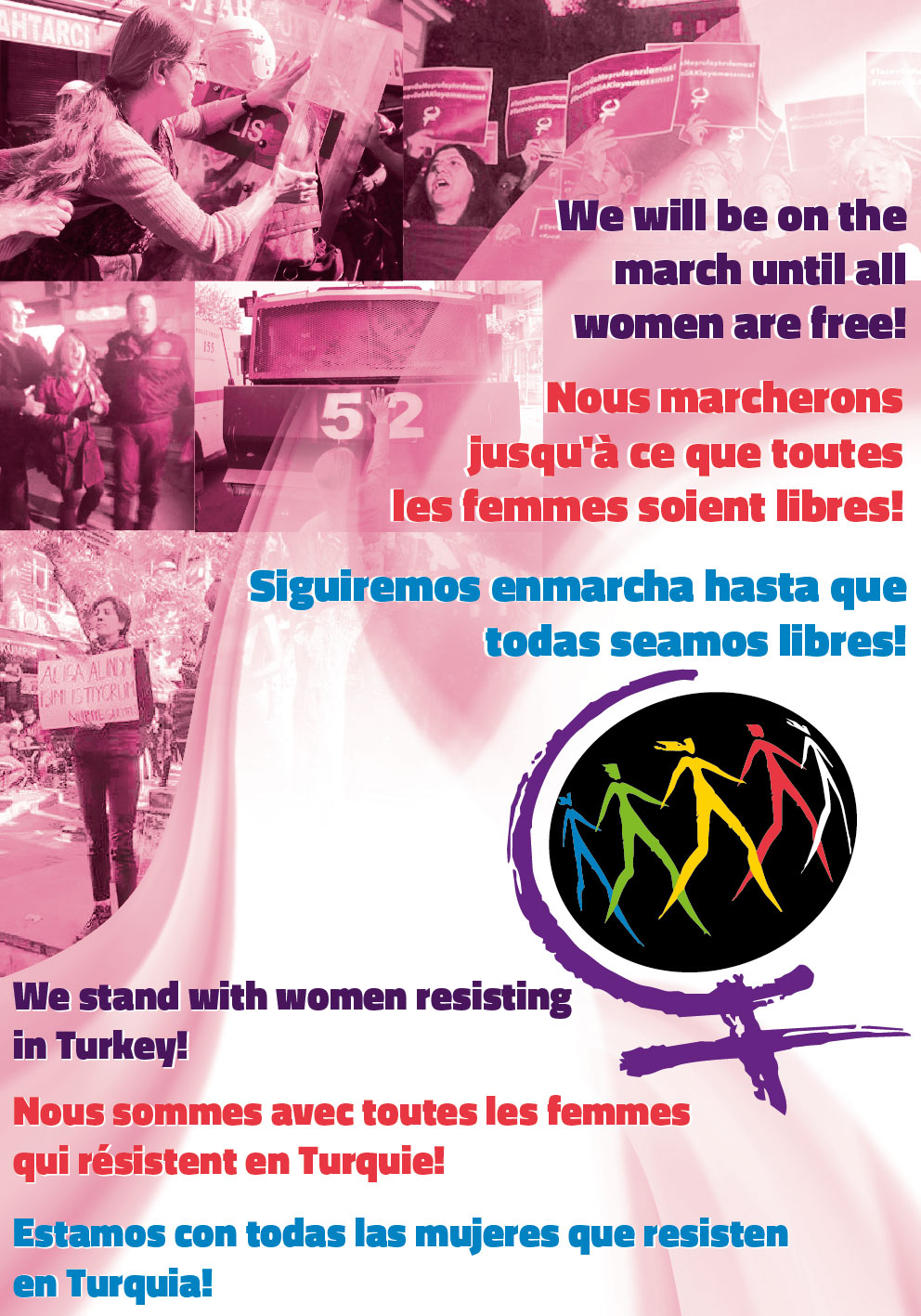Soutenir la caravane MMF
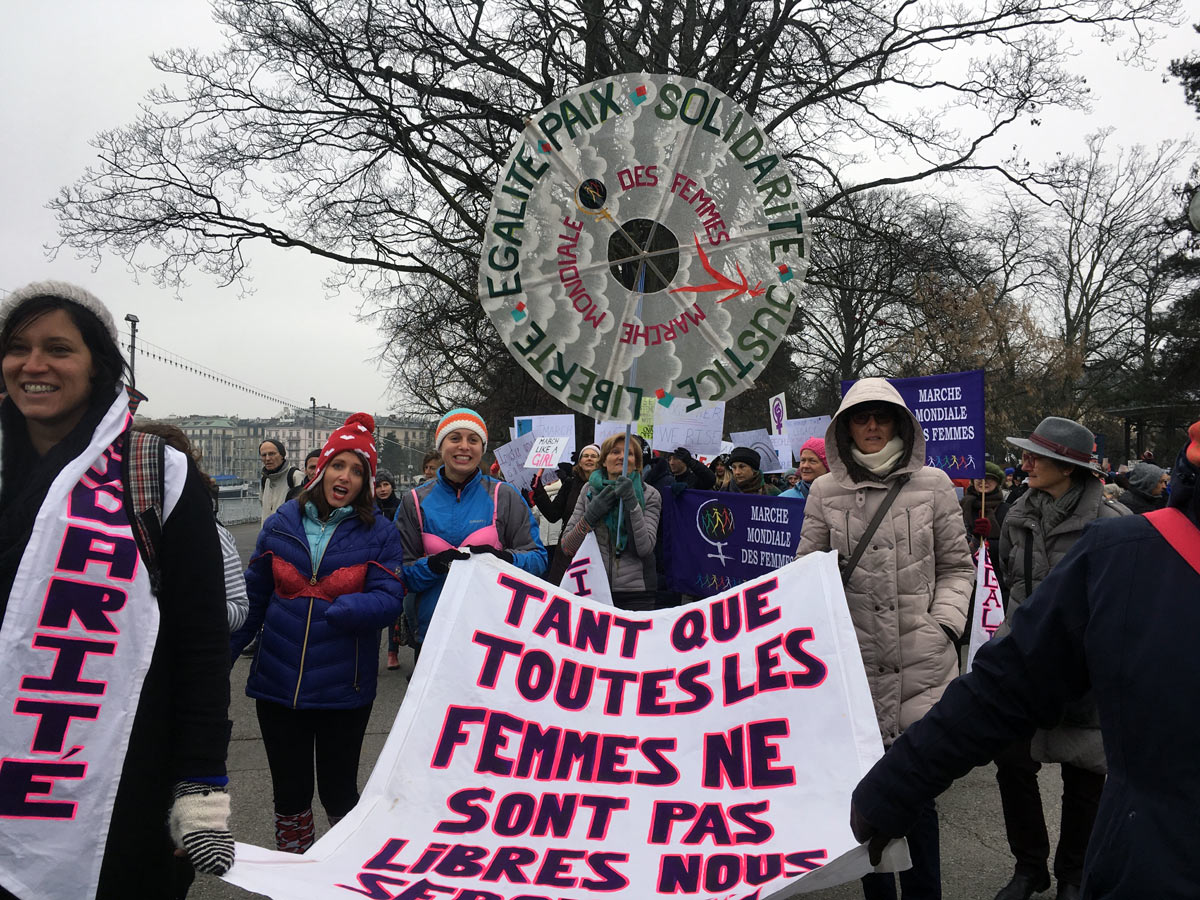
Près de 5 millions de femmes ont répondu au lendemain de l’investiture de Trump à l’appel lancé par les femmes à Washington l
https://www.womensmarch.com/global/
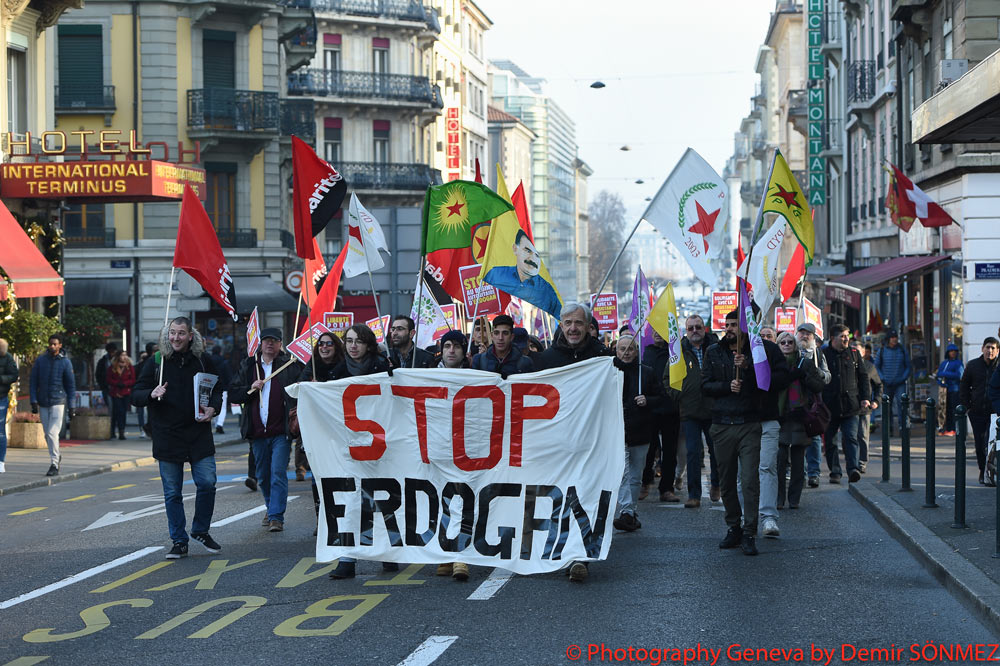
Marche mondiale des femmes
En Turquie les droits des femmes et des peuples sont aujourd’hui purement et simplement supprimés.
Suite à la tentative du coup d’État manqué, nous assistons à une vague de répression sans précédent en Turquie. Maisons d’édition, chaînes de télévisions, stations de radios et journaux d’oposition interdits. Arrestation et emprisonnement de journalistes, d’intellectuel-le-s, de député-e-s du HDP.
STOP ! STOP ERDOGAN !
STOP à cette escalade de la répression aux portes de l’Europe.
Seite 4 von 8
